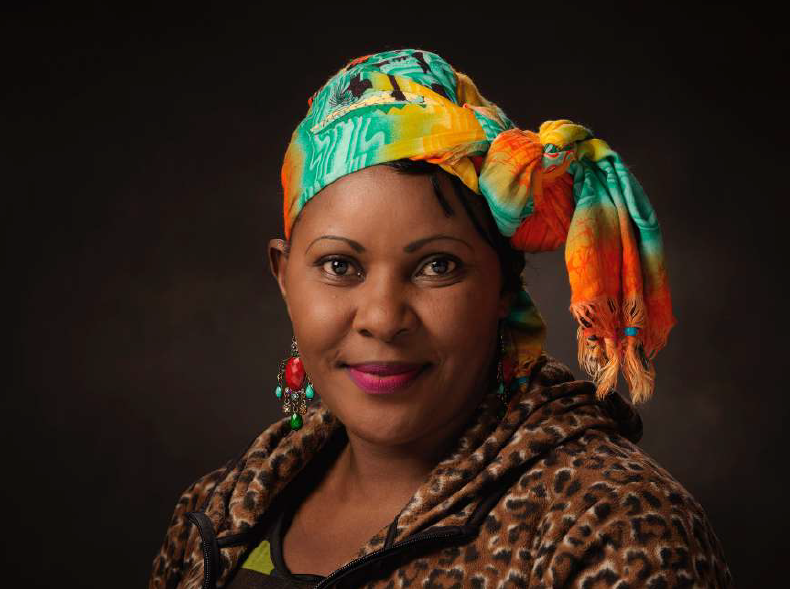Three days later, Susan and Patience were arrested. Herbert, Constantino’s son from an earlier relationship, had given a daring statement accusing them of murdering his father. Susan herself claims that her in-laws, with whom she had a troublesome relationship, played a dark part in all of this. The key witness was three years old at the time of the murder. Two years later, in a courtroom in Ugandan capital Kampala, the now five-year-old toddler stated that his stepmother, Susan, had cut her husband’s throat with a machete while their housekeeper, Patience, held his legs. She was tried without a lawyer; she couldn’t afford one. Murder. That was what the judge, on September 11, 2002, found her guilty of. In Uganda, murderers were automatically sentenced to death. As such, the judge had no choice but to sentence her to the country’s standard execution method: the gallows.
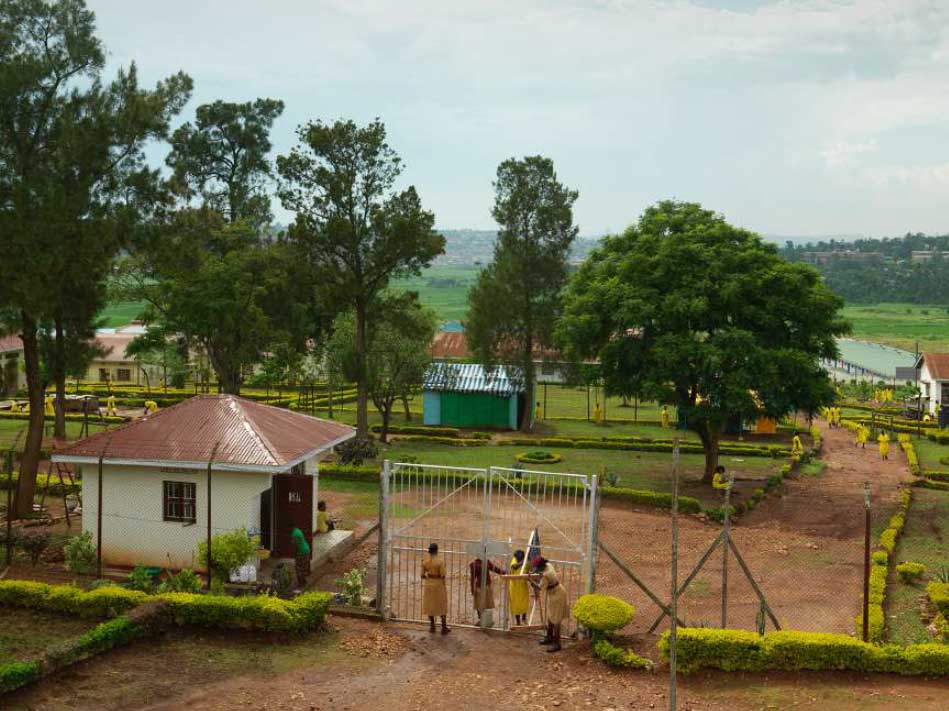
International implications
I came upon Susan Kigula’s story in 2010 when I was preparing for my first trip to Uganda for my Law & Order project, a photographic study of criminal law in four different countries. Upon arriving in Kampala, I requested the bulky collection of procedural documents, expecting that they would confirm my impression of a flawed criminal justice system. However, once I went through all the files, I found myself, much to my surprise, seriously doubting. Seeing the evidence presented in the courtroom, I might have judged her as guilty myself. At the same time, it was, of course, strange that there was no mention of a possible motive. I also did not find any evidence that pointed towards marital struggles. Later, it became clear that simply no exculpatory evidence had been presented, which was logical, seeing that Susan had no lawyer. However, I was unaware of this when reading the files for the first time. To the present day, Susan has always passionately claimed to be innocent, and I, too, am convinced of this by now.
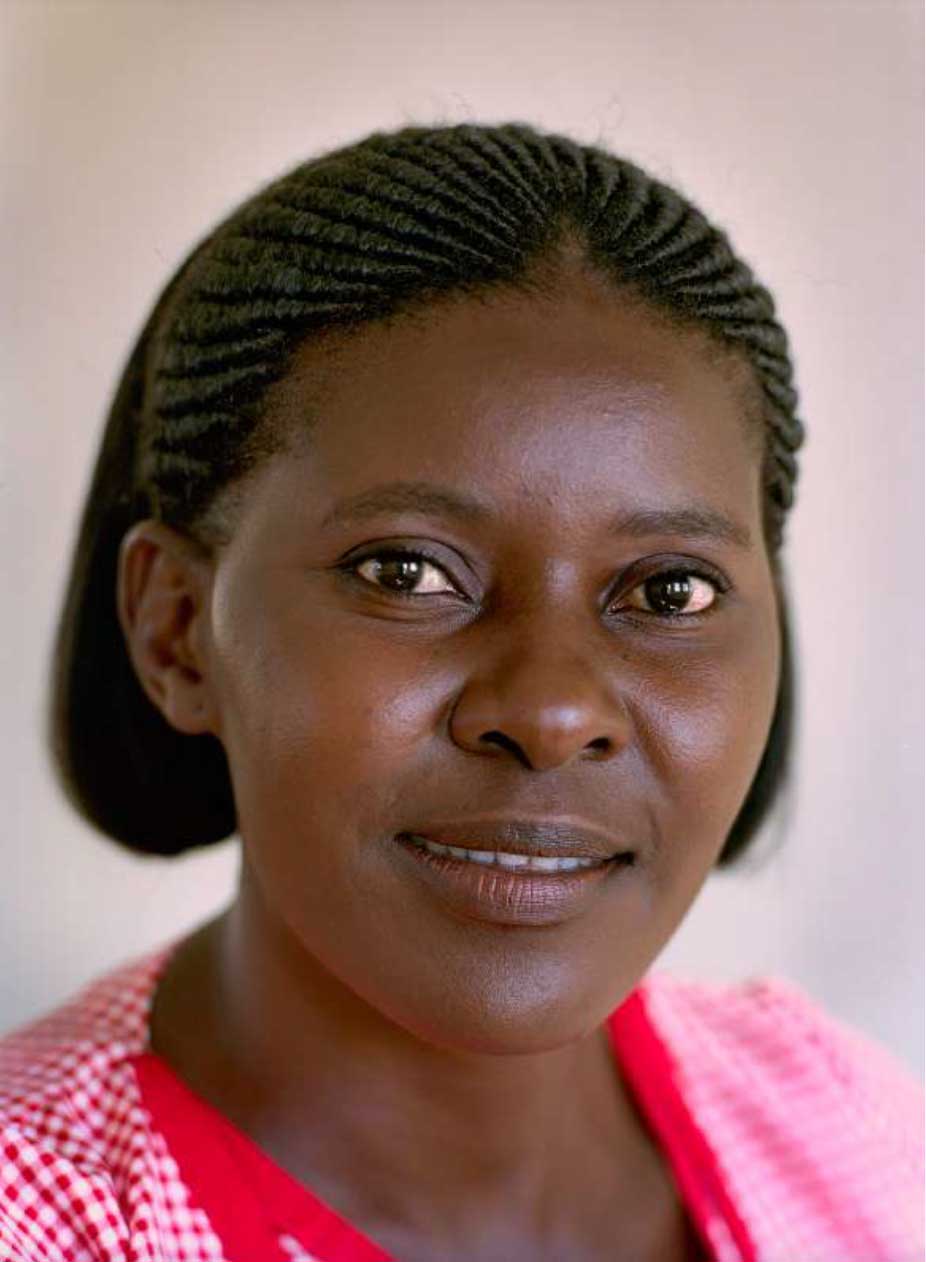
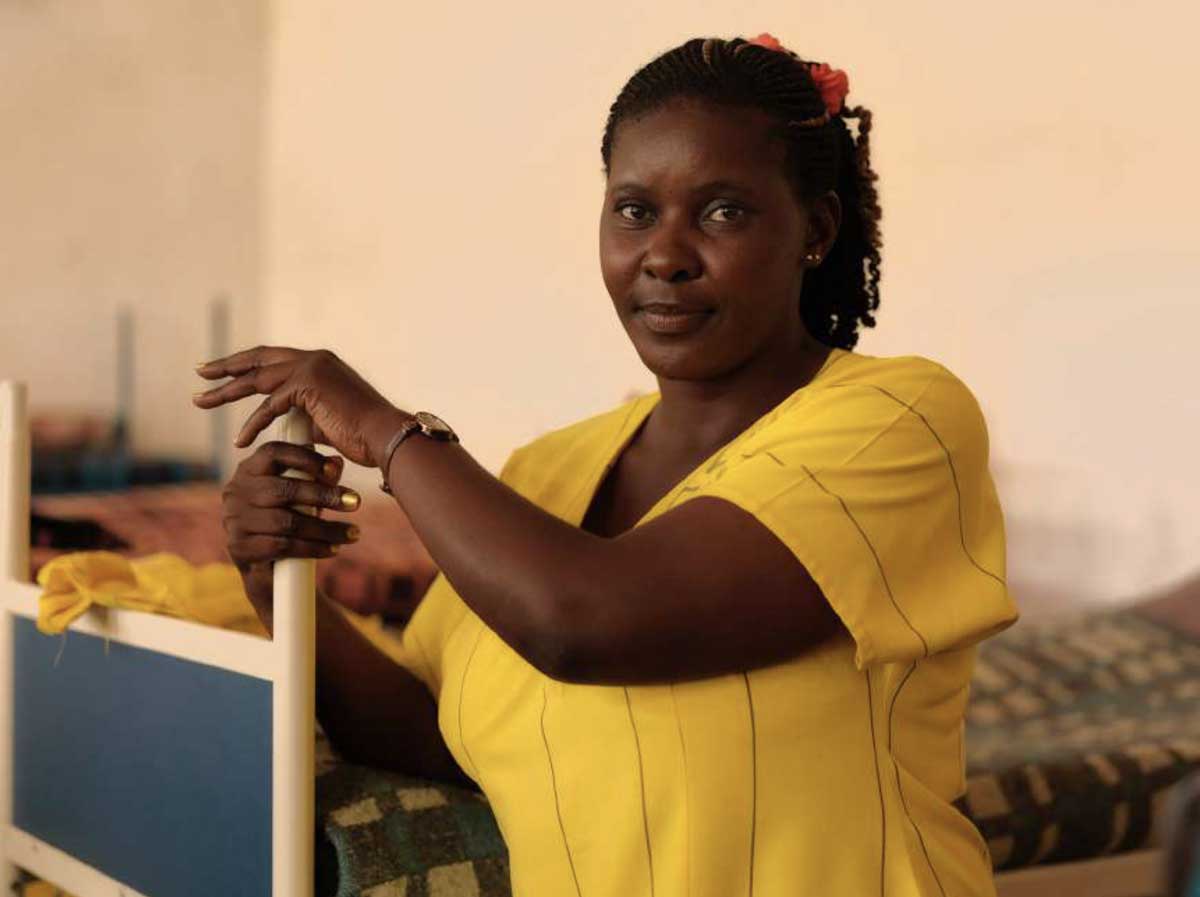
Studying under a tree
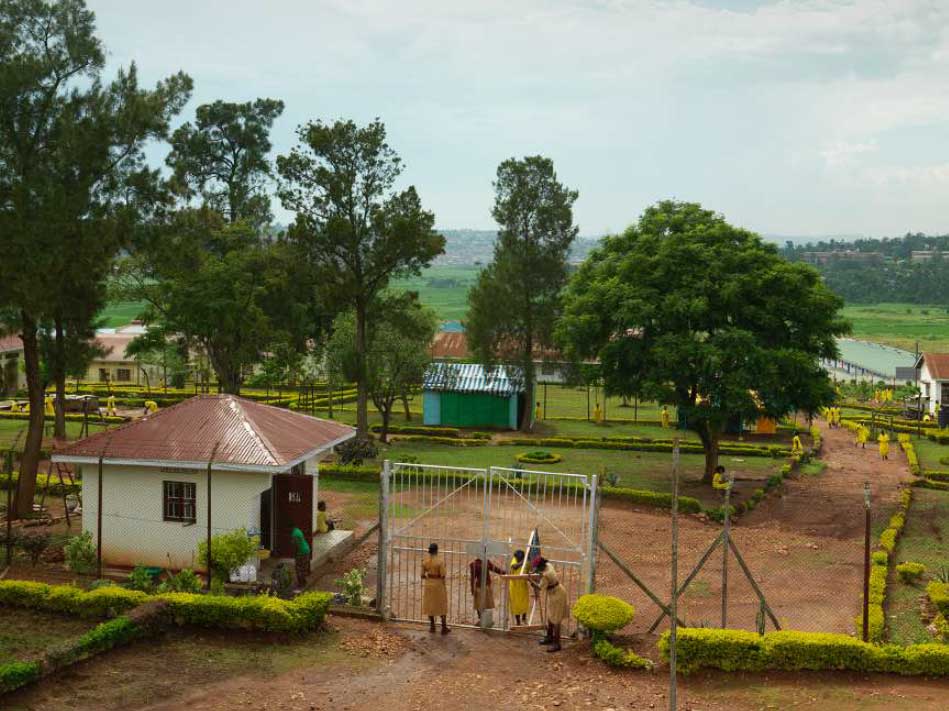
On November 11, 2011, a few months before we would meet for the first time, Susan Kigula found herself in front of a judge once again. The hearing was very emotional, and she was in tears when she asked her stepson, Herbert, and her inlaws, albeit in vain, for reconciliation. However, her sentence was reduced to twenty years. Her housekeeper, Patience, received sixteen years. When I returned to the women’s prison in 2013, I found Susan with a stack of books at a table in a quiet corner. Her mood was great; her studies were going well, and in three years, she expected to be released early thanks to her good behavior. After that, she wanted to commit herself to improving human rights: ‘A lot of people end up in prison because they cannot pay a lawyer. I want to come
out of here like an educated woman, so I will be able to fight for the rights of the underprivileged.’ Photos in the media show that, for an interim undergraduate graduation ceremony, the prison organized a party – giant cake included – for her and two male prisoners. The three cut the cake together with a beaming prison warden, Johnson Byabashija.
Undergraduate degree
On October 13, 2018, Susan Kigula also gave a lecture in Zephyr, (Reiss-Engelhorn-
Museen), Mannheim, where Jan Banning’s Law&Order is exhibited until January 6,
2019.
more about Susan Kigula
You can hear Susan herself here

